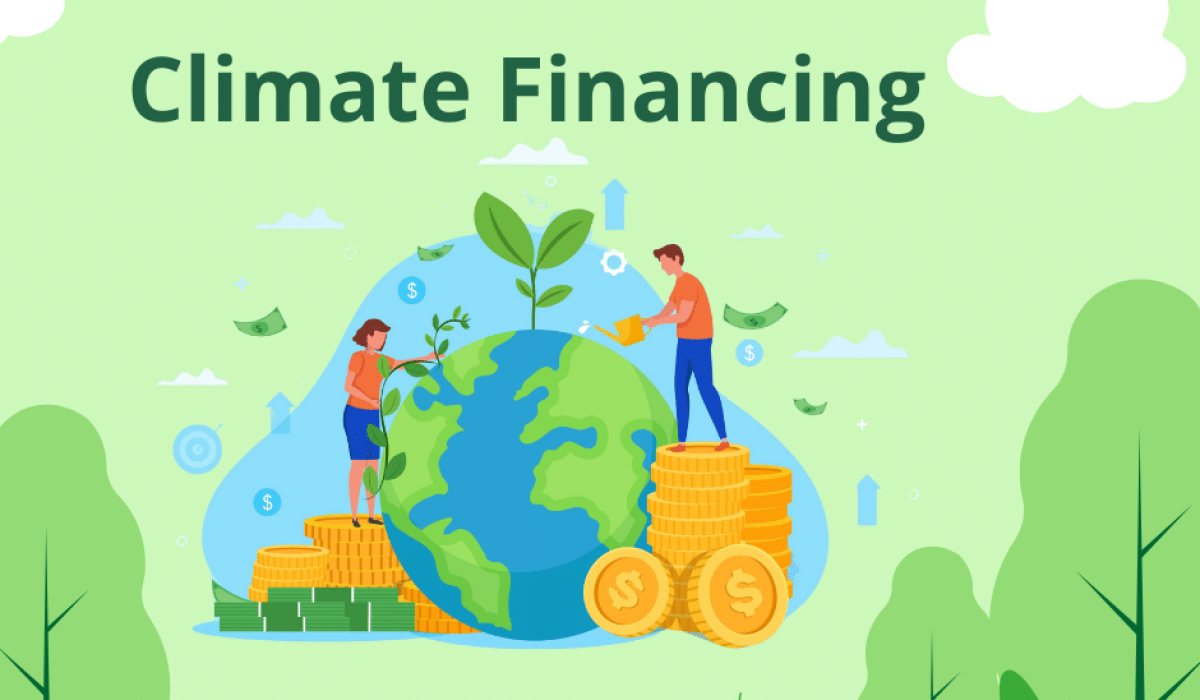News Flash
News Flash

DHAKA, Nov 27, 2025 (BSS) - Bangladesh has taken a critical step toward
strengthening its climate resilience with the launch of a national
consultation process to develop the country's first National Climate Finance
Strategy.
The Finance Division of the Ministry of Finance, in partnership with the
United Nations Development Programme (UNDP), convened a high-level workshop
today in Dhaka to gather perspectives from private sector representatives
along with representatives from financial regulators, relevant government
agencies, and development partners in relation to private finance for climate
action.
The initiative comes at a decisive moment for climate-vulnerable nations. At
COP30, world leaders warned that adaptation financing remains dangerously
insufficient; despite escalating risks from sea-level rise, extreme heat, and
climate-related disasters.
Bangladesh, though responsible for under 0.56% of global emissions, ranks 9th
among the world's most climate-exposed countries, facing annual financing
needs estimated at US$26 billion, said an UNDP press release.
The National Climate Finance Strategy, an output of UNDP's Inclusive
Budgeting and Financing for Climate Resilience (IBFCR II) project, aims to
address this gap by aligning public financial management reforms, regulatory
incentives, and private sector investment to mobilise climate finance at
scale.
Attending as the chief guest, AKM Sohel, Additional Secretary and UN Wing
Chief, Economic Relations Division, Ministry of Finance, stressed, "Despite
being highly vulnerable, Bangladesh receives only a fraction of the climate
finance it requires. A clear Climate Finance Strategy will help us navigate
this imbalance, develop bankable projects, and position Bangladesh to secure
the financing necessary for long-term resilience."
Dr Ainun Nishat, Professor Emeritus at BRAC University and Special Guest at
the event, underscored that "Effective climate action requires full
implementation of the National Adaptation Plan, alongside stronger capacity
building and technology transfer. Integrating climate considerations across
all ministries is essential to addressing this growing threat."
Md Rafiqul Islam, Executive Director, Bangladesh Bank, added, "Bangladesh is
one of the world's most climate-vulnerable countries, and as we shift to a
low-carbon development path, sustainable and climate finance becomes
pivotal."
Owais Parry, Country Economic Advisor, UNDP, highlighted, "Bangladesh already
invests billions in climate action, but the gap remains vast. To safeguard
people and drive long-term growth, the country must mobilise far more and do
so through both public and private channels. A national climate finance
strategy will help Bangladesh tap new sources of capital, align policies, and
unlock the financing needed for a resilient and inclusive future."
Dr Maliha Muzammil, Specialist, Climate Change and Sustainable Financing,
UNDP Bangladesh, provided a keynote presentation on the "Need for a National
Climate Finance Strategy in Bangladesh" followed by a technical session
facilitated by UNDP experts.
Participants focused on the challenges of accessing both public and private
climate finance, with discussions on blended finance, green bonds,
sustainability-linked loans, insurance solutions, and public-private
partnerships.
This event marks the first of three consultation workshops, with the Finance
Division and UNDP next convening key ministries, divisions and agencies
before engaging development partners and development finance institutions in
a final session, after which the insights will be consolidated into a draft
Climate Finance Strategy for further national consultation.
The strategy is expected to position Bangladesh to mobilize larger, more
predictable, and more diversified climate finance in the years ahead-bridging
global commitments made at COP30 with national efforts to protect people,
livelihoods, and ecosystems.